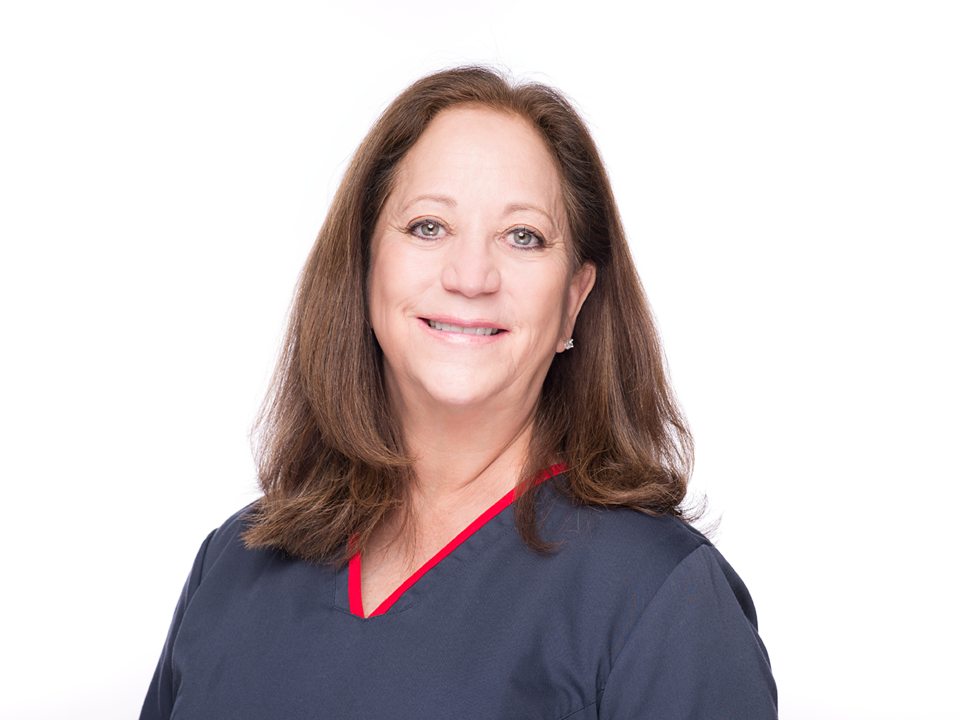Featured
Tags
Share

A recent news story recapped the results of the Medscape Nurses Career Satisfaction survey, which indicates 1 in 5 nurses would not make the same career choice again.
While I am of course disappointed that not all nurses are happy in their positions, I was struck that the vast majority – 95 percent of nurses surveyed – “are glad” they became nurses. I believe that the dissatisfaction uncovered in the survey is more a reflection of workplace culture than inherent issues within the nursing profession.
If we think about health, satisfaction and the well-being that enables a nurse to bring his or her best self to work every day, creating an environment where they can thrive means nurses must feel valued and respected and that they are doing meaningful work. Patient care in all settings is challenging and stressful; healthcare providers must create an environment for their employees that provides alternatives to the stress of daily job responsibilities and opportunities for growth and development within current roles or into new roles. Creating such an environment may be as simple as setting a tone of respect and support among staff or just ensuring appropriate staffing to alleviate burnout. It also can be as formal as creating meditation spaces or providing continuing education and individual development.
One finding in the survey that was particularly interesting is that nurses who had obtained advanced degrees were more likely to agree that they would follow the same educational path than those who didn’t pursue additional degrees. This is no surprise given the expanded opportunities for professional growth and increased autonomy and empowerment available to advanced practice nurses in today’s shifting healthcare landscape. Nevertheless, with intentional focus, leaders can shape a culture that supports all nurses regardless of educational level by promoting a healthy workplace environment and encouraging lifelong learning.
Supporting a workplace culture where nurses are satisfied and happy — mentally, emotionally and professionally — costs nothing except the time and commitment required to build in accountability for developing the behaviors you wish to promote. At Chamberlain College of Nursing we have set out to create an intentional culture of care, called Chamberlain Care®. I firmly believe this foundation of extraordinary care creates opportunities for personal growth and development, and where we are more likely to educate the kind of extraordinary nurses that add value to the healthcare workforce.
Are you glad you chose a career in nursing? Do your feelings about your nursing career align with the survey responses? Join in on the conversation by letting us know your thoughts on the nursing profession in the comments section below.
By Susan Groenwald
More from Home
Request More Information
To receive the Chamberlain University Program Guide, including associated career paths, please select a program of study.






